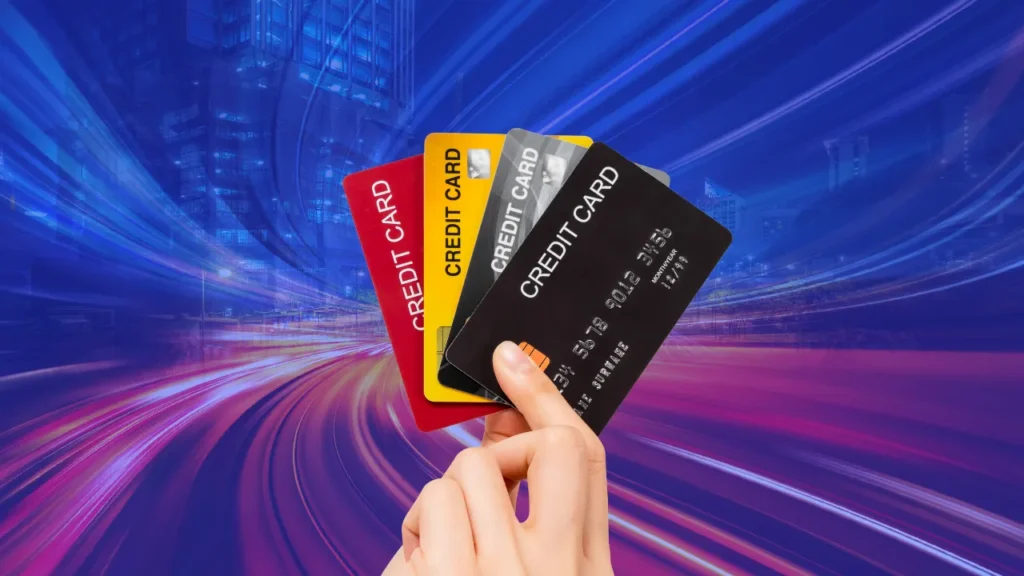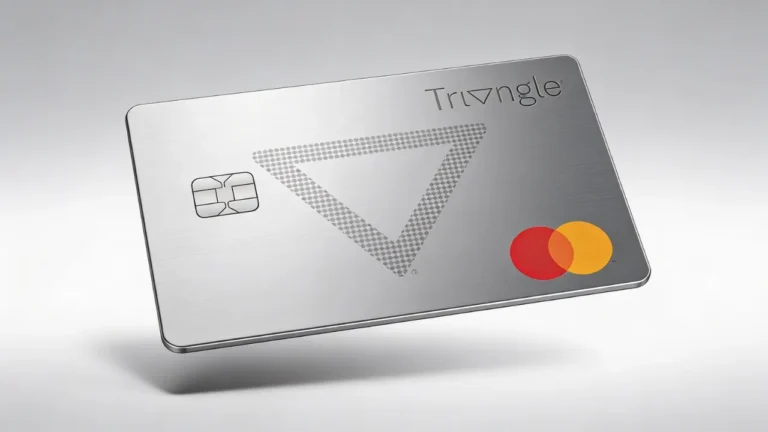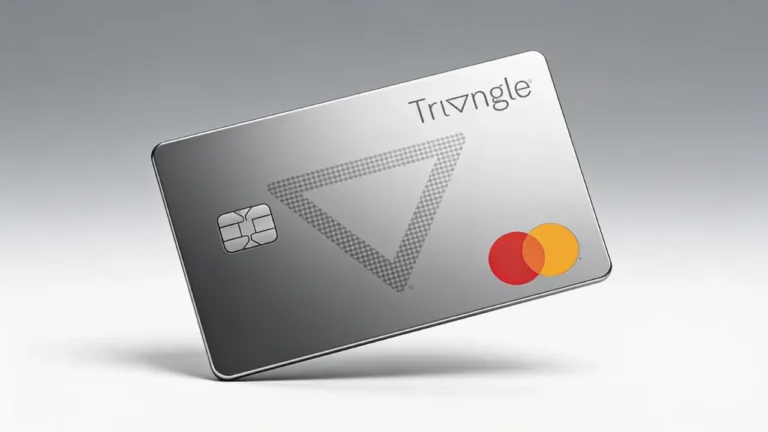Credit cards have become essential financial tools, offering convenience, purchasing power, and rewards.
However, applying for one can seem intimidating if you’re unsure where to start.
By clicking the button you will remain on this website.
This guide provides actionable steps to help you navigate the process with successful application experience.
Understanding how credit cards work and preparing properly can help you avoid common pitfalls.
From choosing the right card to building a strong credit profile, every step you take can improve your chances of approval.
Let’s explore how you can apply for a credit card with ease and responsibility.

Whether you are new to credit or looking for better financial management, knowing the right approach can save you time and money.
Read on to discover expert-backed tips and strategies for making informed credit card choices.
Understanding The Basics
A credit card allows you to borrow money up to a specific limit to make purchases or withdraw cash.
It’s a revolving line of credit, meaning you can use it repeatedly as long as you repay the borrowed amount.
- Credit Limit: The maximum amount you can borrow.
- Annual Percentage Rate (APR): The interest rate charged on outstanding balances.
- Minimum Payment: The smallest amount you must pay each month to avoid late fees.
Knowing these basics can help you manage your credit card responsibly and build a strong financial future.
Preparing For The Application Process
Getting approved for a credit card starts with preparation. Here’s what you should do:
- Check Your Credit Score: Use reliable credit monitoring services to know where you stand.
- Organize Your Documents: Have proof of income, valid ID, and address verification ready.
- Set Financial Goals: Determine how a credit card fits into your broader financial plans.
By having all necessary information at your fingertips, you can make the application process smoother and increase your chances of approval.
Researching The Best Card Options
Not all credit cards are created equal. Look for options that align with your needs:
- Low-Interest Cards: Ideal if you may carry a balance.
- Cashback Cards: Reward everyday purchases with cashback.
- Travel Rewards Cards: Earn points or miles for travel-related expenses.
- Secured Cards: Designed for those building or rebuilding credit.
- Student Cards: Tailored for college students with limited credit history.
Compare features like interest rates, fees, and reward programs to select the most suitable card.
By clicking the button you will remain on this website.
Building a Strong Credit Profile
A good credit profile increases approval chances. Focus on:
- Timely Payments: Always pay bills on time to avoid late fees and penalties.
- Reducing Debt: Maintain a low debt-to-income ratio by paying down outstanding balances.
- Monitoring Credit Reports: Check for errors regularly and dispute inaccuracies to keep your credit report accurate.
These steps will strengthen your creditworthiness, making you a more attractive candidate for credit card issuers.
Choosing The Right Financial Institution
Select a trusted bank or credit union that offers:
- Transparent terms and conditions.
- Competitive interest rates and rewards.
- Positive customer service reviews.
- A range of credit card options for different financial needs.
Researching financial institutions ensures you choose a reliable partner for your credit card journey.
What Makes JP Morgan Stand Out?
JP Morgan provides a variety of credit cards tailored to different financial goals.
Their offerings include premium travel rewards cards, cashback cards, and low-interest options. Here’s why JP Morgan excels:
- Advanced Security Features: Cutting-edge technology to protect against fraud.
- Exceptional Customer Support: 24/7 assistance and account management tools.
- Flexible Payment Plans: Customizable options to fit your financial needs.
- Global Acceptance: Widely accepted for international transactions.
JP Morgan’s credit cards combine innovation, reliability, and comprehensive benefits for consumers at all financial levels.
Applying With Confidence
When you’re ready to apply:
- Be Honest: Provide accurate and up-to-date information.
- Check Eligibility Requirements: Ensure you meet the issuer’s criteria.
- Apply Online: Enjoy faster processing through secure online platforms.
Approaching the application process with confidence and preparation increases your chances of approval.
Conclusion
Applying for a credit card doesn’t have to be complicated.
With proper preparation, research, and responsible financial habits, you can confidently secure a credit card that supports your financial goals.
Make informed decisions and use your credit responsibly to unlock the benefits of financial freedom.
By clicking the button you will remain on this website.
Frequently Asked Questions
- What Credit Score Is Needed For Approval?
- Most credit cards require a fair to excellent credit score, typically starting from 580 or higher.
- How Long Does The Approval Process Take?
- The process can take anywhere from a few minutes to several weeks, depending on the issuer.
- Can I Apply For Multiple Cards Simultaneously?
- Yes, but multiple applications can temporarily lower your credit score due to hard inquiries.
- Are There Any Application Fees?
- Some cards have annual or processing fees. Always review terms before applying.
- How Can I Improve My Credit Score Quickly?
- Pay bills on time, reduce outstanding debts, and dispute credit report inaccuracies.
- What Are the Benefits of Cashback Cards?
- Cashback cards reward you for everyday purchases, helping you save money over time.
- Can I Apply With No Credit History?
- Yes, secured credit cards or student cards are ideal for individuals with no credit history.
- Is Online Application Secure?
- Reputable providers use encrypted, secure platforms for online applications.
- Can I Upgrade My Credit Card Later?
- Many issuers allow upgrades as your credit profile improves and your financial needs change.
- What Should I Avoid When Applying?
- Avoid providing false information, applying without research, or ignoring terms and fees.
- Do All Cards Come With Annual Fees?
- No, many cards offer no annual fees, but may charge for additional features.
- What Happens If I Miss a Payment?
- You may incur late fees, interest charges, and potential credit score damage.
- How Are Credit Limits Determined?
- Limits depend on your credit score, income, and credit history.
- Are Balance Transfers Worth It?
- Yes, if you can consolidate debt at a lower interest rate, saving on interest payments.
- How Often Should I Check My Credit Score?
- Review your score monthly or quarterly to monitor changes and detect errors.
- What Is a Secured Credit Card?
- A secured card requires a cash deposit as collateral, making it ideal for building credit.
- Can I Get a Credit Card If I’m Self-Employed?
- Yes, you may need to provide additional proof of income, such as tax returns.
- How Do Rewards Points Work?
- Earn points for purchases, which can be redeemed for travel, gift cards, or cashback.
- What Is the Grace Period for Payments?
- Most cards offer a grace period of 21-25 days before interest accrues on new purchases.
- Can I Cancel My Credit Card Anytime?
- Yes, but canceling may affect your credit score due to changes in credit utilization and account history.



